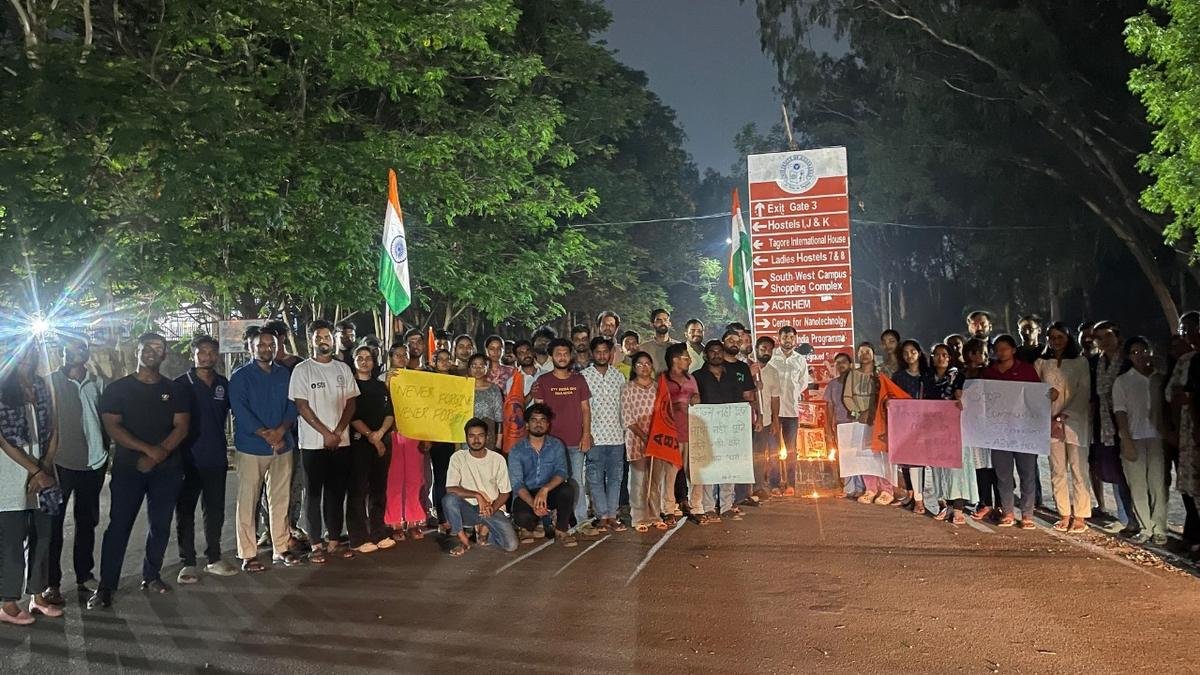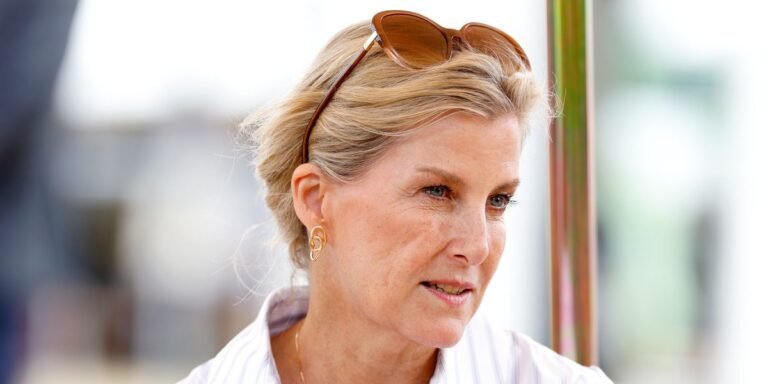
As anxiety grips students and families across several states following the recent Pahalgam terror attack, Kashmiri students and families in Hyderabad say they feel secure.
In the classrooms and campuses of Hyderabad’s universities, Kashmiri students are attending lectures, participating in events, and carrying on with their routines — cautiously, but without fear.
Also Read: Pahalgam attack LIVE: Indian, Pakistan forces exchange fire at LoC
“There can be small conflicts and an underlying sense of caution in the mind,” said a student from a premier institute in the city. “But compared to many parts of North India, Hyderabad feels like a safer space where students are not being forced into hiding.”
“We are busy collecting information on different Kashmiri students throughout India. Attacks and such mob violence have been reported mostly from North India,” said a Jammu and Kashmir Students’ Association member. Kashmiri students in a Punjab college alleged assault by peers armed with sticks and knives, while in Uttarakhand, a right-wing group allegedly threatened them with violence unless they left Dehradun.
“So far things have been quite good,” said another student from the same institute.
Students from the English and Foreign Languages University (EFLU) also expressed they feel a sense of safety. “The videos circulating online, showing instances of violence and intimidation against students in various institutions across North India, have caused immense concern among our families back home. However, our experience in Hyderabad has, so far, been peaceful and reassuring. The people here have been warm, respectful, and welcoming,” a student shared on the condition of anonymity.
“We have felt a strong sense of safety and solidarity. While many students here have expressed justified anger over the incident, they have also ensured that we, as Kashmiris, feel secure and supported. We are truly grateful to the university community and the people around us for fostering an environment where we are not made to feel alienated during such a difficult time,” the student added.
Beyond campuses, a deeper story unfolds in the city’s bustling streets and old market lanes, where Kashmir natives have found a home away from home.
One among them is Atul Raina (name changed), who arrived in the city as a child in 1992 after his family of over 18 members was uprooted from Kashmir. He now runs a Kashmiri textile store in Abids — a modest reminder of the four handloom showrooms and a travel agency they once owned in Srinagar.
“This city embraced us,” he said, gesturing toward the flow of pedestrians outside his shop. “The city’s cultural diversity, welcoming people – they made it possible for us to rebuild. We are a small community of about 300-400 Kashmiri Pandits here and we feel absolutely safe,” he said.
Clutching the latest edition of a Jammu weekly, Atul offered a hesitant smile as he flipped through its pages. “This is how I stay connected with the valley and know what’s really happening back home,” he said, his voice heavy with concern.
A few lanes away, Firoz (name changed) sits beside his father in their handloom store — a business planted in Hyderabad nearly five decades ago. His father, who made the move for safety and better educational opportunities for his children, now watches the next generation thrive in the same city.
Just minutes earlier, Firoz had received a call from his sister in Delhi. The school where her children study had advised her not to send them for the next few days, citing safety concerns. “Such troubles have never arisen here in Hyderabad,” he remarked.
His father nodded quietly. “We still have family in Kashmir. They keep asking when we’ll come back. But my wife… she doesn’t want to go back anymore,” he said, the silence heavy with the weight of memory.
Following the attack, Firoz shared that two to three families from Hyderabad who had planned trips to Kashmir and reached out for stay arrangements have now backed out. “
Many, like Raina and Firoz, speak of how manufacturing in Kashmir has picked up pace and production continues amid ongoing tensions, a lifeline that has kept their businesses in Hyderabad afloat without major supply chain disruptions.
For Dr. Shalini Dhar (name changed), a practising ophthalmologist at one of the city’s top eye hospitals, the journey from exile in 1991 to a respected medical career has been one of resilience. Hyderabad, she says, has helped her reconnect with life in ways she hadn’t imagined.
“Here, we’ve had exposure to a wide range of communities and cultures, education, and a sense of acceptance. I’ve built a comfortable life and a strong circle, both personally and professionally,” she said. “But the pain of not being able to return to my mother or to our home in Kashmir… that never leaves.”
Dr. Shalini said she has been in constant touch with friends and relatives in Pahalgam. “So far, they are all safe. We’ve lived through so many conflicts over the years. For us, sadly, this has become routine — it just keeps happening,”she sighed.
Published – April 25, 2025 10:54 am IST



